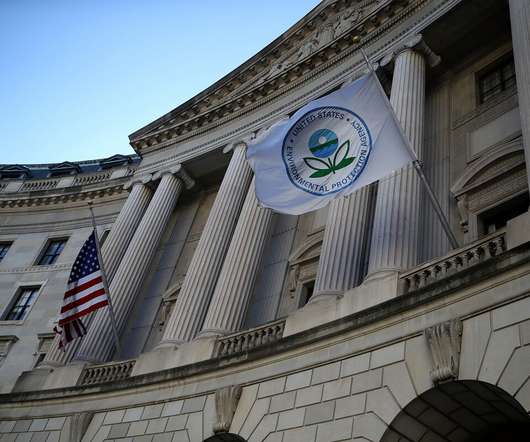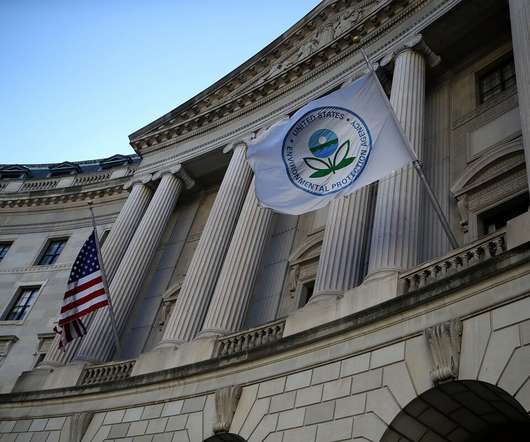Honda develops VTEC Turbo direct injection gasoline engine family, including 1.0L 3-cylinder unit
Green Car Congress
NOVEMBER 19, 2013
L 3-cylinder direct injection gasoline turbo engine. Honda Motor Co., announced that it has newly developed the VTEC Turbo, a direct injection gasoline turbo engine family most suitable for small-to-medium-sized vehicles. The VTEC TURBO is a new addition to Honda’s Earth Dreams Technology suite. Click to enlarge.




















Let's personalize your content